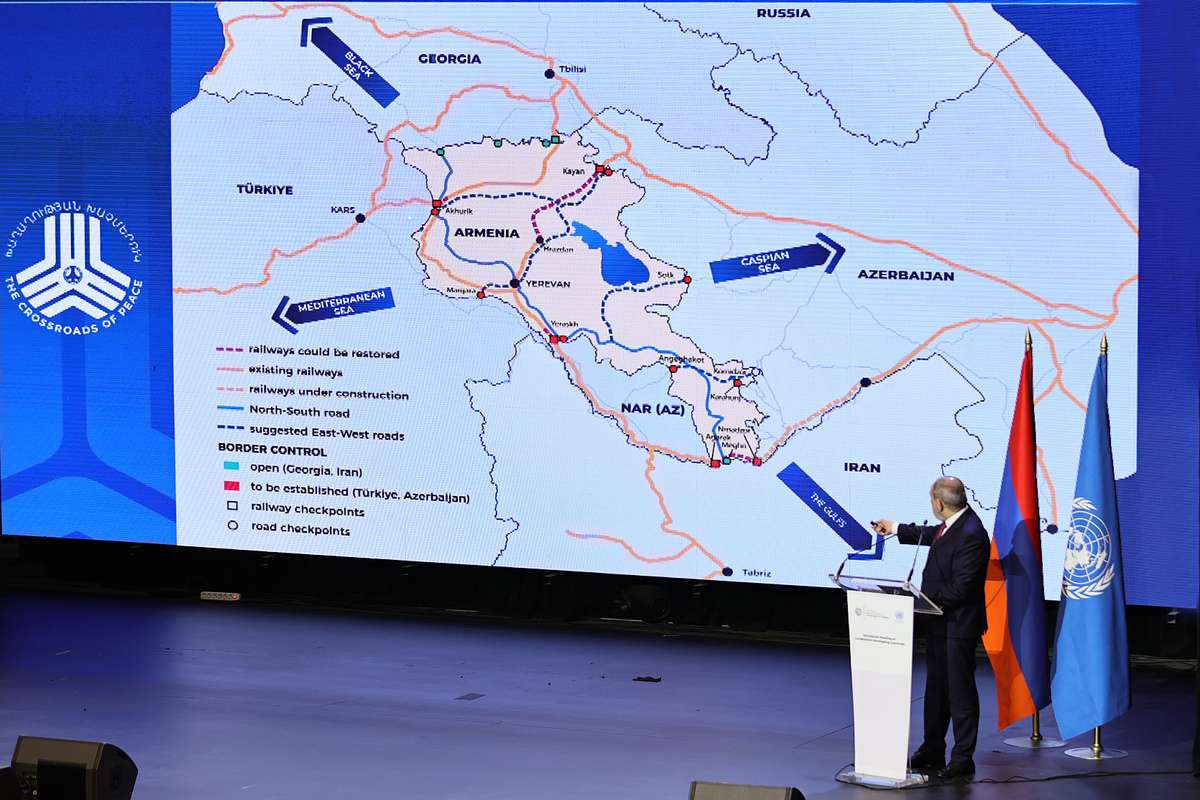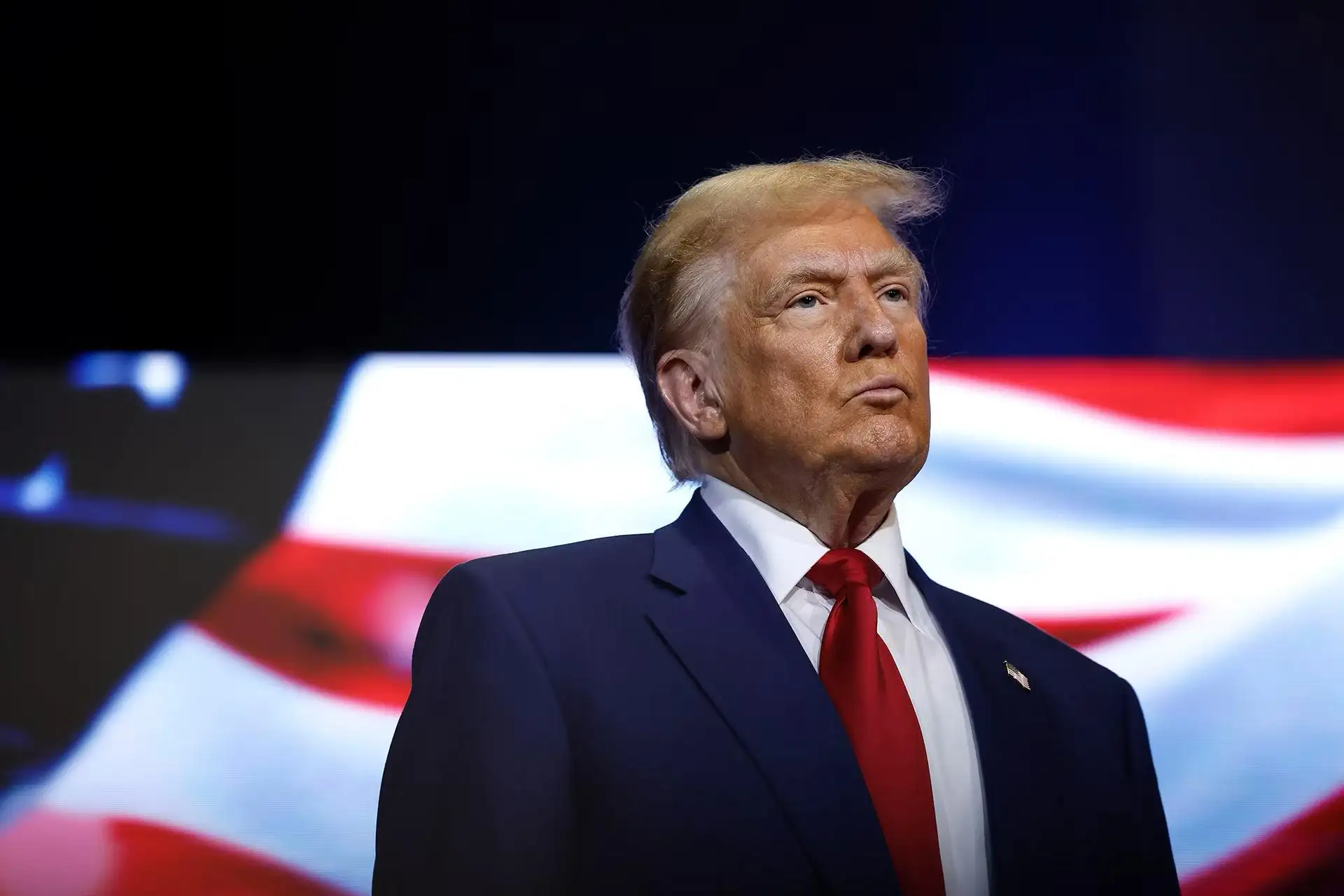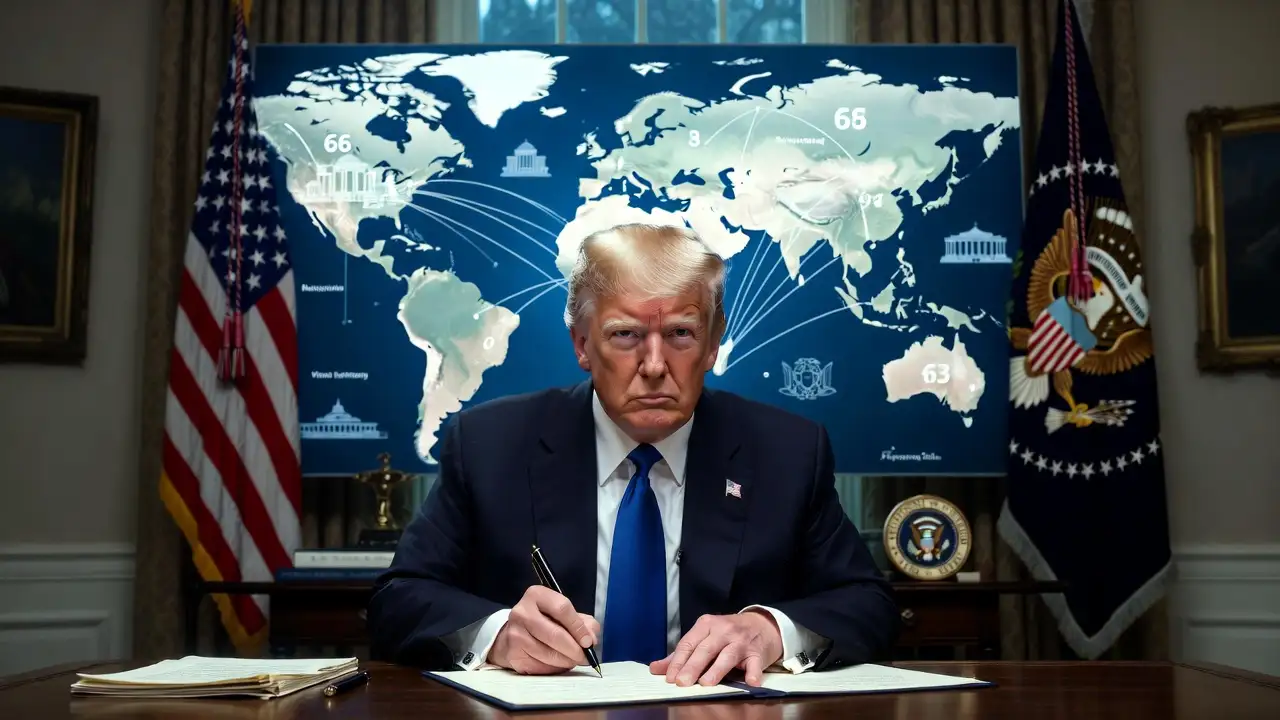Former Turan News Agency correspondent, now chief correspondent of Kyiv Post in Washington, Azerbaijani journalist Alex Raufoglu published an article in the periodical of the same name about the Armenian-Azerbaijani talks to be held on Friday under Trump's mediation. Here, he published several details from the planned negotiations. It is noteworthy that this journalist was the first to report on the meeting to be held on Friday under Trump's mediation.
Radar Armenia presents an article by an Azerbaijani journalist published in the Kyiv Post, with editorial content.
"US President Donald Trump is preparing to host the leaders of Armenia and Azerbaijan at the White House on Friday as part of diplomatic efforts to end the decades-long conflict in the South Caucasus region.
TRIPP – "Trump Route for International Peace and Prosperity"
At the heart of the agreement is a new trade and infrastructure project, which has been called "Trump Route for International Peace and Prosperity" or TRIPP.
TRIPP is a transit route through southern Armenia that would provide Azerbaijan with unhindered access to its exclave of Nakhichevan.
Importantly, US officials, speaking to the Kyiv Post on condition of anonymity, said the route would preserve Armenia's "sovereignty, territorial integrity, and sovereignty."
TRIPP is not a military or defense initiative. Officials have made it clear that the US will not provide "hard security guarantees" or deploy troops along the route. Instead, the US involvement will be purely commercial, with the US taking responsibility for ensuring the "safe operation of the route for all parties" through contracts with "high-quality operators."
By turning this politically complex issue into a commercial one, the administration is demonstrating its unique approach.
Secret Negotiations
This summit is significantly different from previous, largely failed, mediation attempts. According to senior US officials, the moment came after Trump's special envoy, Steve Witkoff, visited Baku in February, where he formed a "significant connection" with Azerbaijani President Ilham Aliyev.
This paved the way for five more visits by US delegates, who noted that both the leaders of Armenia and Azerbaijan have a "shared belief that the time has come."
Officials stressed that the current geopolitical situation, with Russia and Iran preoccupied with other global issues, has created a unique opportunity for the two countries to take a "bold step" toward peace.
Joint statement
On Friday, August 8, Ilham Aliyev and Armenian Prime Minister Nikol Pashinyan will sign several key documents at the White House in the presence of President Trump.
- A joint statement that will establish a "concrete path to peace" and a full normalization of relations, which officials describe as "possibly irreversible."
- Initialing of peace agreement – The foreign ministers of Armenia and Azerbaijan will initial the text of a bilateral peace agreement that has been negotiated for months.
- Joint letter on withdrawal from the Minsk Group. Both countries will formally withdraw from the OSCE Minsk Group, which has been deemed "ineffective" and in need of a fresh approach.
- New bilateral memoranda of understanding (MOUs) – The United States will sign separate memoranda with Armenia and Azerbaijan, respectively, "relaunching" and "launching" their bilateral relations and opening up opportunities that were previously unthinkable.
TRIPP working groups are expected to begin discussions next week after the summit, and Trump will set a deadline for completing their work.
The agreements are long-term, more than 50 years, although negotiations on the specific duration are ongoing.
US officials emphasize that the United States is positioning itself as a trusted partner for both sides.
Unresolved Issues
While the summit is an important step forward, two key obstacles remain: Armenia's demand to release its prisoners of war held in Azerbaijan, and Azerbaijan's demand to amend Armenia's constitution.
US officials acknowledged that these are "important details". Still, they said the administration's strategy is to first guide the parties toward a path of peace, which would then create better conditions for resolving these contentious issues.
Abraham Accords 2.0
There has also been talk of a broader meaning for the agreement. Officials have hinted at a possible "Abraham Accords 2.0," referring to the 2020 Middle East Normalization Initiative, in this case involving Azerbaijan.
They have noted that this new peace initiative could serve as a model for uniting countries with ties to Israel for the sake of regional stability.
"Historic Friday"
The summit, described as a "historic Friday," is a bold step toward a foreign policy victory for the US administration in its first six months in office.
One official noted a sense of urgency, saying that the Azerbaijanis, in particular, were focused on the time to make the most of their relationship with Washington.
The White House hopes that the American role in shaping a new regional order will help build a lasting legacy of peace and prosperity in this critical corner of the world.




















